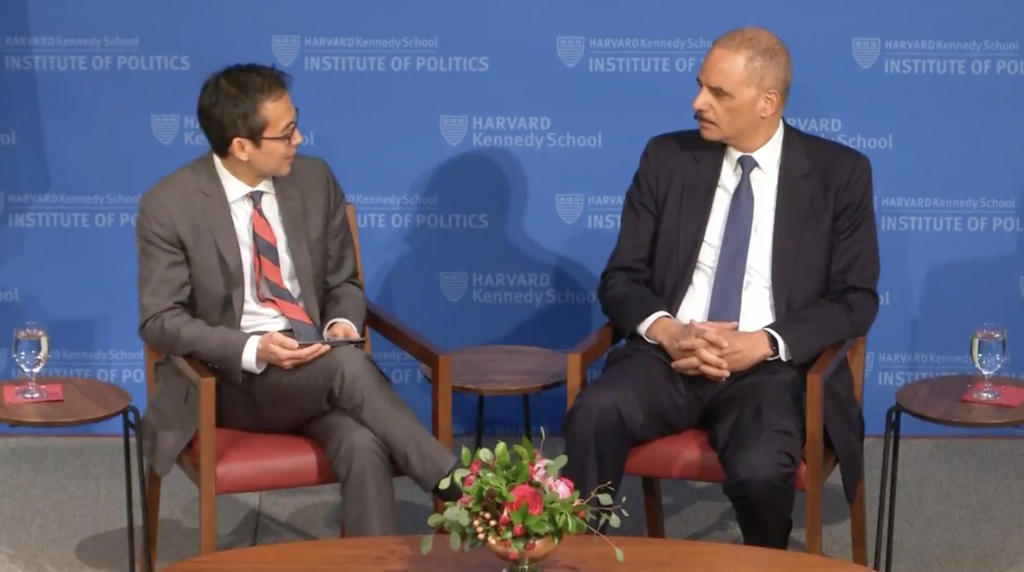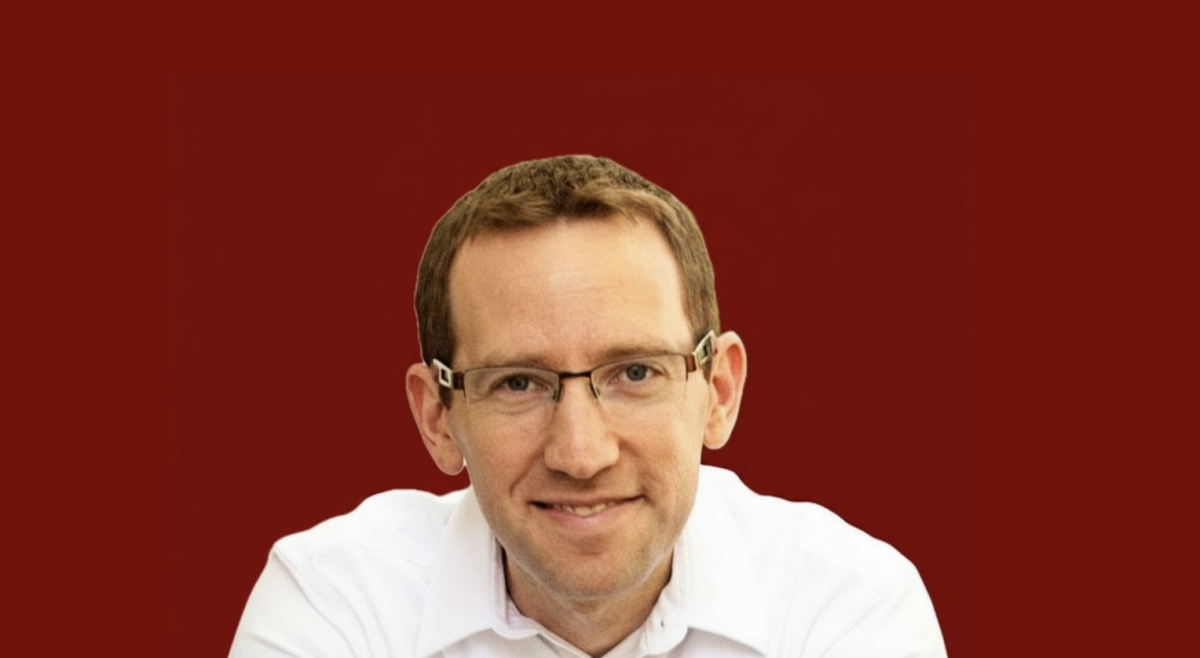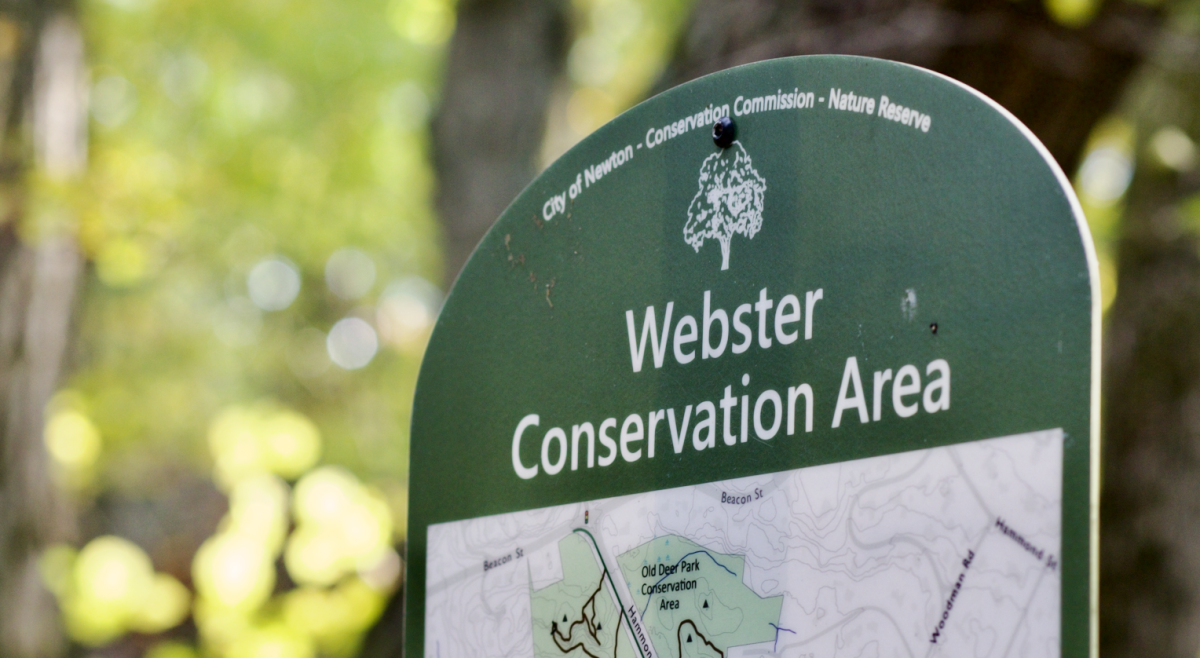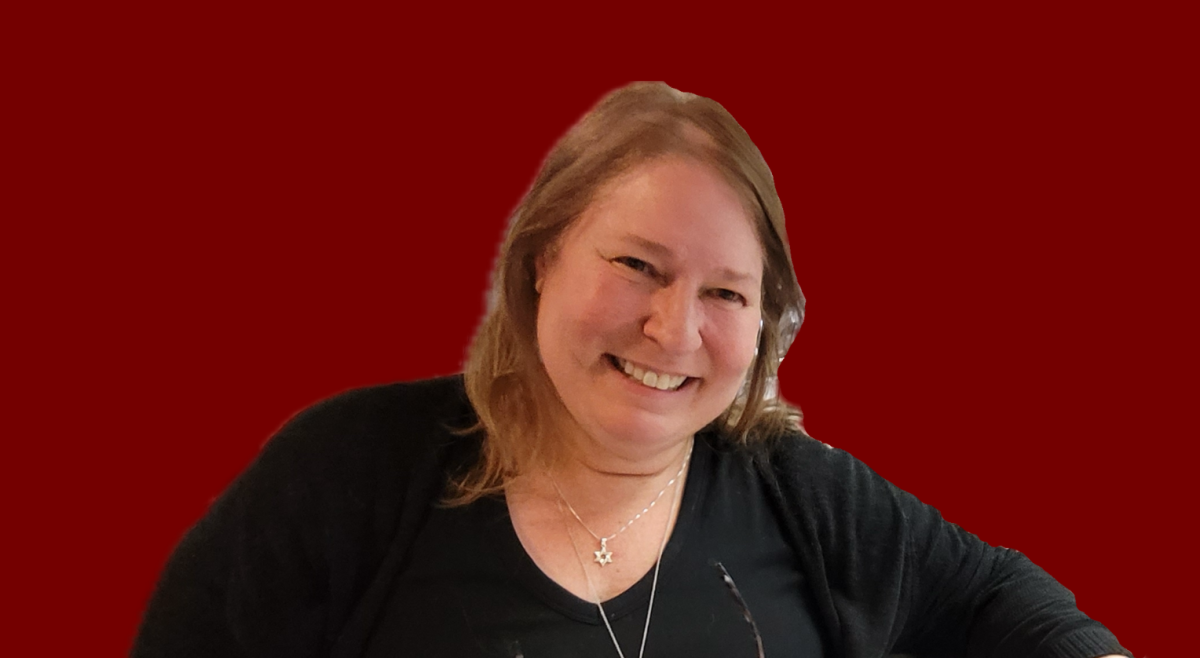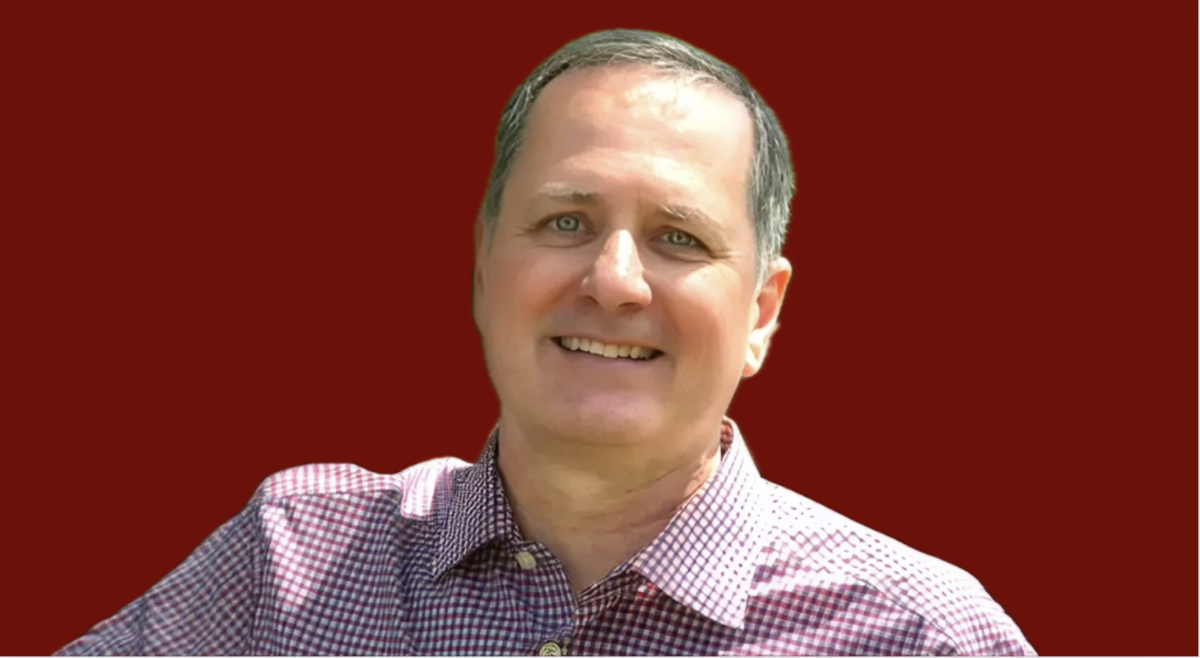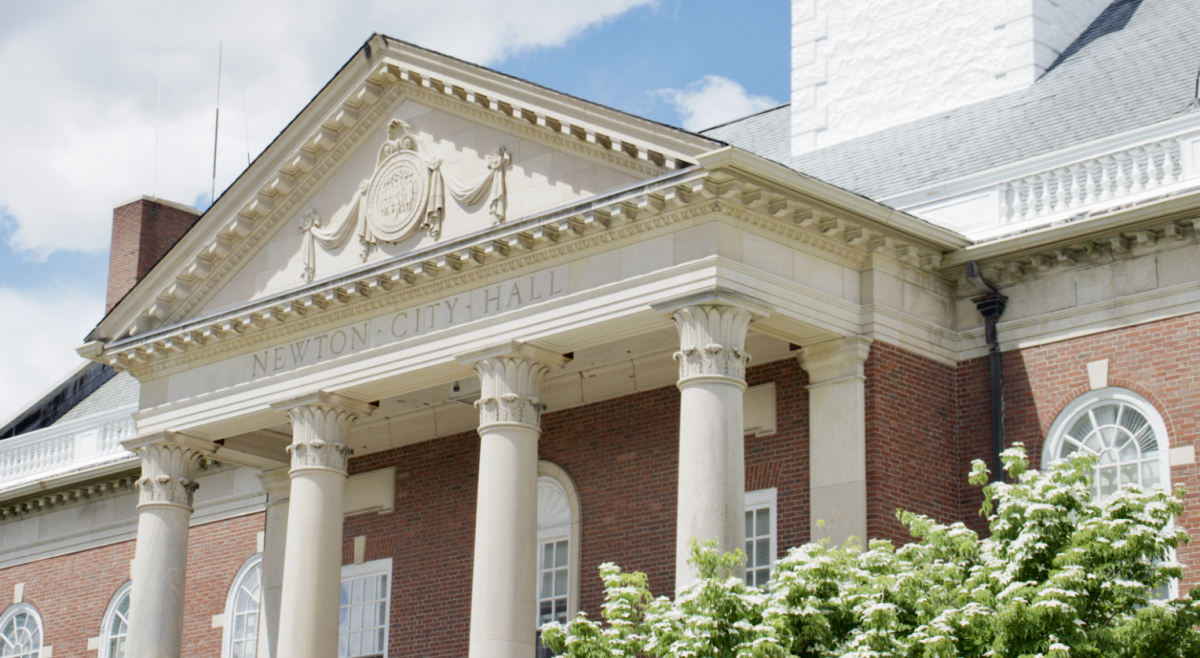On Monday night, Eric Holder, former Attorney General of the United States and a potential candidate for president in 2020, addressed a tightly packed audience at the JFK Jr. Forum at Harvard, discussing the importance of civic engagement. Holder served as the keynote speaker for the annual Godkin Lecture, which is hosted by the Ash Center for Democratic Governance and Innovation. The theme of this year’s lecture was made explicit in its title: “Full Participation: Making Every Voice Count.”
Douglas Elmendorf, dean and Don K. Price Professor of Public Policy at the Harvard Kennedy School, delivered introductory remarks. Elmendorf stressed Harvard’s devotion to promoting public duty, both among leaders and citizens. After briefly outlining the history of the lecture, he invited the night’s speakers to the stage.
Alongside Holder was Archon Fung, dean and Winthrop Laflin McCormack Professor of Citizenship and Self-Government, who served as the moderator. His first question concerned Holder’s path after leaving government, in particular why he chose to focus on the issue of redistricting. Holder currently serves as the chairman of the National Democratic Redistricting Committee (NDRC).
“If you want to have a fair voting system that has the ability to shape the direction of the country, first you need tackle redistricting,” Holder said. “I think if the lines are drawn fairly, then democrats and progressives will do just fine.”
Fung pointed specifically to an article published by The Washington Post on March 27, which covers the current status of the redistricting case in Maryland. He referenced a quote from the article where former governor of Maryland Martin O’Malley admitted to redistricting the state in favor of the Democratic Party. Fung asked Holder if he supported O’Malley’s actions.
“I am not here to gerrymander for Democrats,” said Holder.
“Even if it costs Maryland Democrats some congressional seats?” countered Fung.
“Yes,” Holder said. “We have to come up with a system that is more neutral, because the reality now is that we have politicians picking their voters as opposed to citizens choosing who their representatives are going to be.”
Holder went on to advocate for independent state commissions to draw electoral maps. He offered the current commissions in California and Arizona, which are composed of non-partisan members, as examples.
Fung pointed out that even if we were to fix all of the maps in the country, American democracy would still be far from perfect, since such a small number of Americans actually vote—only 56 percent of the voting age population turned out for the 2016 presidential election.
“What would it take to get voting participation to 80 percent?” he asked.
Holder responded with two simple solutions: expanding the number of days people can vote and increasing the number of people registered.
“You can’t change anything if you don’t participate in the process,” he said. “We have a responsibility as citizens to do more. We need to be more civically engaged.”
Next, the conversation shifted to Holder’s time as attorney general, and his opinion of the current Russia investigation. Fung identified that the scandal has the potential to become the next Watergate and asked Holder how further long term damage to public trust in government can be avoided.
Holder responded by saying that, hypothetically, if the investigation were to lead to the impeachment and subsequent removal of President Donald Trump, the short-term impact would be devastating to public opinion of government. If looked at from a more positive perspective, however, the hypothetical event would also showcase the strength of American institutions.
“That’s the way I would try to have people look at that potential outcome,” Holder said. “That the institutions held. This is a country that still has common interests, we are still a nation of enduring values, and there is a basis I believe, for us to recognize it.”
Fung’s last question put Holder on the hot seat. He asked Holder to confirm the rumors as to whether or not he is considering running for president in 2020. Holder’s face flushed, and he let out a laugh before responding.
“I’m thinking about it, but I won’t decide until sometime next year,” he said, looking out into the audience with a smile. “Let’s change the subject.”
Featured Image by Isabel Fenoglio / Heights Editor

